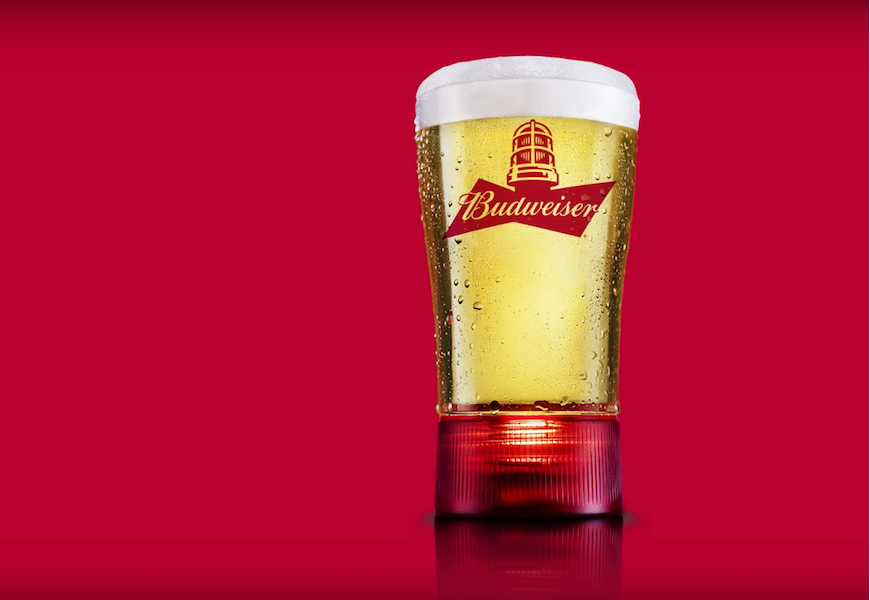For many men, prostate health isn’t a topic of conversation until it becomes a problem. But as they age, the likelihood of experiencing prostate enlargement—medically known as benign prostatic hyperplasia (BPH)—increases significantly. By age 50, about half of men will have some degree of BPH, and by 80, that number jumps to 90%.
While it’s not life-threatening, an enlarged prostate can lead to uncomfortable urinary symptoms, disrupted sleep, and a reduced quality of life. So what causes this frustrating condition, and what can men do about it? Let’s dive in.
What Is the Prostate and Why Does It Enlarge?
The prostate is a walnut-sized gland located just below the bladder, surrounding the urethra. Its main function is to produce seminal fluid, which nourishes and transports sperm. However, as men age, the prostate often grows in size, squeezing the urethra and leading to urinary symptoms.
This growth is considered benign, meaning it’s not cancerous. But that doesn’t mean it’s harmless—BPH can cause frequent urination, difficulty starting and stopping urination, weak urine flow, and even bladder infections.
But why does this enlargement happen in the first place?
The Key Causes of Prostate Enlargement
1. Hormonal Changes (Testosterone & DHT)
One of the biggest culprits behind prostate enlargement is hormonal imbalance, particularly involving testosterone and a byproduct called dihydrotestosterone (DHT).
- As men age, testosterone levels decline, but DHT levels remain stable or even increase.
- DHT stimulates prostate cells to grow, leading to gradual enlargement over time.
This is why BPH is most common in older men—it’s directly linked to shifting hormone levels rather than external causes.
2. Estrogen’s Role in Prostate Growth
Men don’t just produce testosterone; they also have small amounts of estrogen. As testosterone declines with age, estrogen levels become more dominant, which scientists believe may contribute to prostate cell overgrowth.
Studies suggest that higher estrogen-to-testosterone ratios could be a factor in prostate enlargement, especially in men who have excess body fat (since fat cells convert testosterone into estrogen).
3. Genetics: Are You Predisposed?
If your father or older male relatives had BPH, your risk is significantly higher. Genetic studies show that some men inherit genes that make their prostates more sensitive to hormonal changes, increasing the likelihood of excessive growth.
If you have a family history of BPH, you might want to pay extra attention to your symptoms as you age.
4. Lifestyle Factors: Diet & Obesity
What you eat and how you live can influence how quickly your prostate grows. Several studies suggest that:
- High-fat diets (especially saturated fats from red meat and dairy) may increase prostate enlargement risk.
- Diets rich in fruits, vegetables, and healthy fats (like those found in fish, nuts, and olive oil) can help regulate hormones and reduce inflammation.
- Obesity is linked to higher estrogen levels, which may accelerate BPH development.
Bottom line? Maintaining a healthy weight and eating a balanced diet may slow prostate growth and reduce symptoms.
5. Chronic Inflammation & Metabolic Syndrome
Inflammation is another suspected contributor to BPH. When the body is in a constant state of low-grade chronic inflammation, it can lead to cellular changes that promote prostate enlargement.
Metabolic syndrome, a cluster of conditions including:
✔ High blood sugar
✔ High blood pressure
✔ High cholesterol
✔ Excess belly fat
…has been linked to an increased risk of BPH. Experts believe insulin resistance and inflammation play a key role in prostate growth, making it crucial to manage blood sugar and cardiovascular health.
6. Aging: The Inevitable Factor
Even if you live a perfectly healthy lifestyle, aging itself is a primary risk factor.
- Prostate enlargement rarely occurs before age 40.
- By age 60, most men have some degree of BPH.
- By age 80, nearly all men experience symptoms.
While you can’t stop the aging process, you can slow down the progression of BPH by staying proactive about your health.
Symptoms: When Should You Be Concerned?
A larger prostate doesn’t always cause symptoms, but when it does, it can significantly impact daily life. The most common symptoms include:
- Frequent urination, especially at night
- Weak or interrupted urine flow
- Difficulty starting urination
- Feeling like the bladder isn’t emptying completely
- Sudden urges to urinate
- Dribbling after urination
If left untreated, severe cases can lead to bladder infections, kidney problems, or even urinary retention, which requires immediate medical attention.
Can You Prevent Prostate Enlargement?
While there’s no surefire way to prevent BPH, men can take steps to reduce their risk and manage symptoms:
✔ Maintain a healthy diet – Eat plenty of vegetables, lean proteins, and healthy fats.
✔ Exercise regularly – Staying active helps regulate hormones and reduce inflammation.
✔ Limit alcohol & caffeine – These can irritate the bladder and worsen symptoms.
✔ Manage stress – Chronic stress increases inflammation and hormone imbalances.
✔ Stay hydrated – But reduce fluid intake before bedtime to minimize nighttime urination.
✔ Check your prostate health regularly – If you’re over 40, talk to your doctor about screening options.
The Takeaway
Prostate enlargement is a common, natural part of aging, but it doesn’t have to disrupt your life. By understanding the root causes—hormones, genetics, diet, and lifestyle—you can take proactive steps to slow its progression and manage symptoms effectively. If you’re noticing urinary changes, don’t ignore them. Early intervention with lifestyle changes, medications, or even medical procedures can make all the difference. When it comes to prostate health, knowledge is power—and prevention is key.












